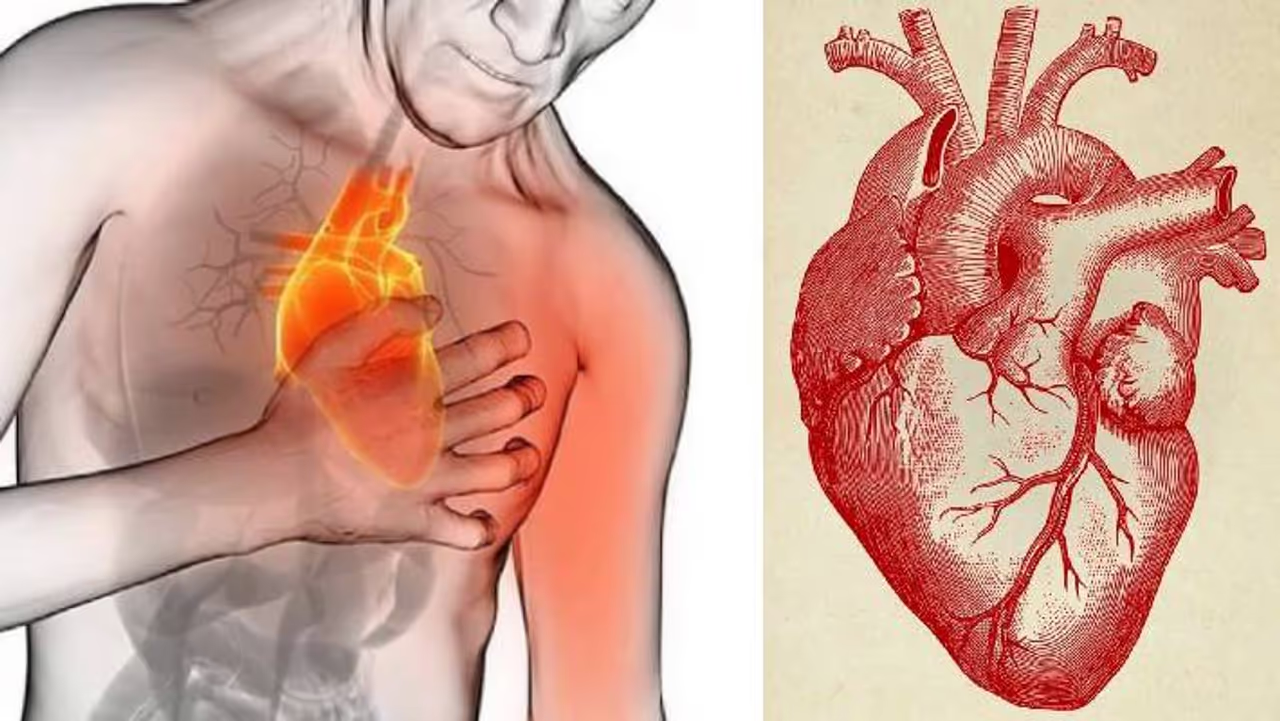Detecting congenital cardiac disease in newborns and babies can be challenging, particularly if the symptoms are not immediately apparent. Parents should look for the following common signs.
Congenital heart defects (CHD) are one of the most serious health challenges children and their families face. These birth defects can range in severity from minor diseases like valve difficulties, holes in the heart, to cyanotic heart disease, which is also referred to as "blue baby" heart disease. For families navigating this journey, the challenges can feel overwhelming, but with early diagnosis and proper care, many children with CHD can lead healthy, fulfilling lives.

Detecting congenital heart disease in newborns and infants can be difficult, especially because the symptoms may not be immediately evident. Common signs that parents should watch for include:
- Poor feeding or difficulty breastfeeding
- Stunted growth or failure to thrive
- Bluish discoloration of the lips or skin, especially during activity
If any of these signs are observed, it is essential to consult a paediatric cardiologist immediately. Timely diagnosis is key to managing CHD effectively. Various diagnostic tools, such as echocardiograms, chest X-rays, CT scans, and cardiac catheterization, are used to confirm the presence and severity of the defect.
Also Read: Want to say goodbye to glasses? THIS new eye drop promises clear vision

Many children with congenital heart defects require ongoing medical care, including medication and, in some cases, heart surgery. While the prospect of long-term treatment can be daunting for parents, it is crucial to understand that these interventions significantly improve the quality of life for children with CHD. In addition to the medical aspects, parental counselling is essential to ensure families are well-informed about lifestyle modifications, dietary needs, and the medications necessary for their child's condition.
Children with CHD may face additional challenges, particularly in their learning and development. Cognitive issues or delays are common, and some children may require special attention in school or at home. Parents and educators must work together to create an environment supporting the child's learning needs. Encouraging social interaction, offering emotional support, and tailoring educational approaches can help these children thrive academically and socially.
Living with a congenital heart defect often demands certain lifestyle adjustments. Parents play a key role in ensuring their child follows a heart-healthy lifestyle, which includes:
Also Read: Suffering from Migraines? Discover these effective dietary changes for relief
- Balanced Diet: A well-rounded diet rich in fruits, vegetables, and whole grains is vital. Limiting processed foods and ensuring the child gets proper nutrition can prevent complications.
- Physical Activity: While children with CHD may have some restrictions, physical activity is still important. Activities should be discussed with the child's cardiologist to ensure they are safe and beneficial.
- Regular Medical Check-ups: Routine follow-ups with a cardiologist are necessary to monitor the heart's condition and adjust treatment plans as needed.
Living with a congenital heart defect is not just physically demanding; it can also take an emotional toll on both the child and their family. Counselling and emotional support are critical components of care. Regular counselling can help children and their parents cope with the psychological challenges of living with CHD.
Motivation and a positive outlook can empower children to lead as normal a life as possible. The earlier congenital heart defects are detected and managed, the better the chances of living a long and healthy life. With the right care, support, and lifestyle adjustments, children with CHD can grow into healthy, active adults. Families must remain vigilant, stay informed, and seek the best care from their medical team.
In conclusion, congenital heart defects present unique challenges but are not insurmountable. Early diagnosis, medical intervention, emotional support, and lifestyle adjustments can ensure a positive outcome for children with CHD. With the right care, these children can enjoy long, healthy lives.
- Dr Lingraj Nath, Sr Consultant HOD Director, Cardiology, Manipal Hospital, Bhubaneshwar
